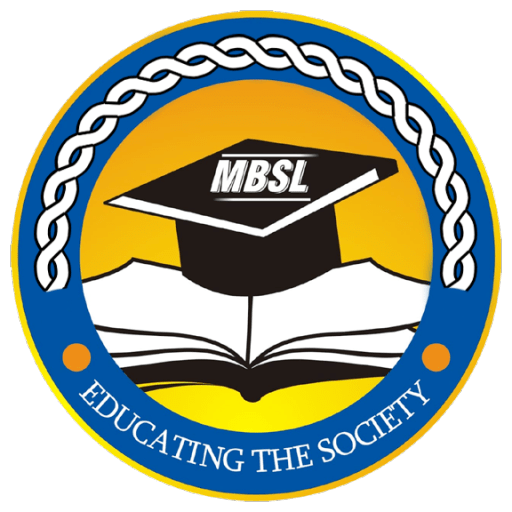IELTS Essay: Media Instead of Books
Sample Answer
There has been recent debate about whether classrooms should replace conventional books with more modern media such as movies, games, and computers. Although multimedia tools in education are engaging and interactive, it is crucial to prioritize the enduring value of books.
Films, computers, and games offer unique advantages in educational settings. For instance, films provide a dynamic platform to present complex concepts and historical events, making them more accessible to students through visual storytelling. Many students learn more about issues such as slavery through movies like “Twelve Years a Slave” than from textbooks. Similarly, interactive computer programs and educational games can promote active learning, problem-solving skills, and teamwork. Engaging in technology-based activities often heightens motivation and interest in a given subject compared to traditional book-based learning methodologies.
Despite the benefits of multimedia tools, books have greater value in classroom contexts. Reading books cultivates critical thinking, language proficiency, and analytical skills. Books encourage students to develop their imagination and form independent thoughts, fostering more nuanced understanding. They provide a wealth of information and perspectives that may not be readily available in multimedia formats. A well-known example of this would be Huckleberry Finn, a 19th century novel by Mark Twain that most American high school students must read. Reading such an old novel requires students to engage their mental faculties more actively than more passive contemporary media formats and therefore better advances academic and intellectual development.
Integrating films, computers, and games in education can enhance engagement and motivation, however, the lasting value of books must be given greater weight in curriculum design. By employing multimedia tools alongside traditional resources to an extent, schools can cater to different learning styles and simultaneously prioritize and preserve traditional methods of learning.

